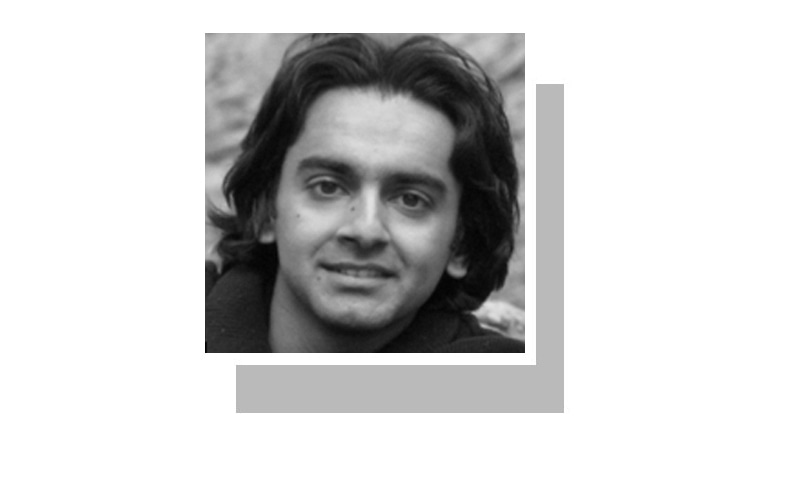
RECENTLY, the CSS written examination results were announced — apparently, only a dismal two per cent had passed. The poor result triggered many discussions across various media about the dwindling standard of education in the country. In a separate, but somewhat related development, the honourable chief justice recently commented on Pakistan’s poor governance and how ours is a ‘monocracy’ in the garb of democracy.
The question is: do we really need extraordinary individuals in the civil service? Exercise helps make muscles stronger and more powerful; inactivity renders them limp and powerless. The same can be said of intellect. Even if able-minded, dynamic individuals join the civil service, the system is designed to blunt their cutting edge. The current system places a lot of focus on the politician (the temporary executive) and very little on the civil servant (the permanent executive). There is no need to have brilliant minds when all you are going to do with them is throw their potential away or leave them to rust indefinitely.
Mediocrity is most welcome in this country.
For example, civil servants in this country are hardly ever involved in policymaking. When it comes to town planning or development projects, it is generally the wishes of politicians that prevail. Prudent civil servants can continue to amass their offices with plans but, at the end of the day, the plan most likely to see the light of day will be the one that gets the nod from politicians. Political mileage is key.
Then comes foreign policy; the government also sometimes appears to be at sea on this front despite the fact that the prime minister himself holds the portfolio of foreign minister and also has the counsel of a couple of very senior advisers. Civil servants hardly have an input in foreign policy, they are mere paper pushers.
Pakistan Railways claims to have turned things around for good. Even if we are to believe their claim, does this so-called turnaround have anything to do with the intake of civil servants? The answer is a simple ‘no’ — the only thing that changed in the department from the previous government was the minister.
The new generation’s able minds should consider joining the private sector, where they can generate valuable revenue for the country and create jobs rather than bask in the glory of so-called permanent government employment. Let them explore new horizons in science and technology. Let them study from the developed world and design indigenous development models for Pakistan.
Let them join the media, where they can report objectively. On second thought, this might not be a good idea; it would be hard to muzzle them at will. At the cost of a small digression, it is relevant to mention here that, irrespective of the outcome of the Cyril Almeida report, one thing is for sure: a lesser media group or a lesser journalist will think a thousand times before breaking any such news in the future. This, perhaps, serves the purpose of silencing the messenger — if not essentially shooting him.
Mediocrity is most welcome in this country; anything that is not run of the mill is unwelcome. One might well imagine how a government would deal with a civil servant who does not blindly conform. It should be kept in mind that, unlike media persons, a civil servant has no leverage to present his side of the story and any such objectivity would lead to immediate removal from service without anyone even taking notice.
The civil and military establishments do not need troublemakers in general. They have a proclivity for favouring troublemakers of a particular kind, and objective journalists or honest and upright civil servants do not fall in the latter category. The kind of troublemakers they prefer is perhaps best expressed, in all its absurdity, in a recent statement made by PML-N lawmaker Rana Muhammad Afzal during a meeting of the National Assembly’s Standing Committee on Foreign Affairs, when he asked, “[What] eggs is Hafiz Saeed laying for us that we are nurturing him?”
Lastly, the bitter truth. The falling standard of Pakistan’s civil service aspirants is actually in keeping with our democracy — one that has the appearance of a monocracy. Such circumstances call for ushering in even more ‘brain drain’, as any individual who thinks analytically or has an opinion is actually a troublemaker in a monocracy. It seems that the youth are starting to get the gist of it, and now fewer and fewer capable people aspire to join the civil service.
Sadly, the balance (or imbalance) of power among state institutions is such that the civilian government is being run on an ad-hoc basis and, therefore, requires no vision. The government should encourage the youth towards other trades where they can more significantly contribute towards this country’s progress, as reforming the civil service does not appear to be on cards any time soon.
The writer is a former civil servant.
Published in Dawn October 27th, 2016












































